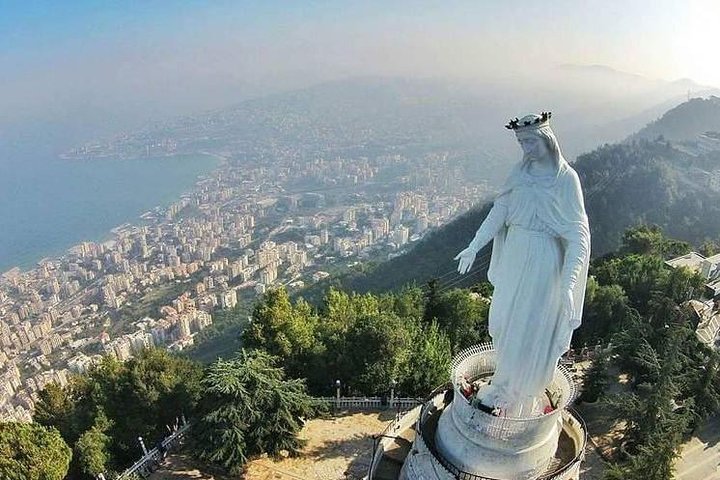
North Governorate in Lebanon is a treasure trove of natural beauty, historical landmarks, and cultural richness. This region, often overshadowed by its more famous neighbors, offers a unique blend of experiences that cater to both locals and tourists alike. Imagine starting your day with a Historical Sights Tour in Tripoli, where you can wander through ancient streets and marvel at the architectural wonders. For nature enthusiasts, the Scenic Northern Journey to Qadisha Valley, Gibran Museum, and the majestic Cedars is a must-do. This tour not only showcases the breathtaking landscapes but also delves into the rich cultural heritage of the area. If you’re looking for a more budget-friendly option, the Heritage Exploration group tour to Qadisha Valley, Bcharre, and the Cedars offers an equally enriching experience. For those who prefer a more immersive adventure, the Off-Road Hiking Tour in Kadisha provides an exhilarating way to explore the rugged terrain and scenic vistas. Whether you’re a history buff, a nature lover, or an adventure seeker, North Governorate has something special to offer. Come and discover the hidden gems of this enchanting region.
North Governorate in Lebanon is a treasure trove of natural beauty, historical landmarks, and cultural richness. This region, often overshadowed by its more famous neighbors, offers a unique blend of experiences that cater to both locals and tourists alike. Imagine starting your day with a Historical Sights Tour in Tripoli, where you can wander through ancient streets and marvel at the architectural wonders. For nature enthusiasts, the Scenic Northern Journey to Qadisha Valley, Gibran Museum, and the majestic Cedars is a must-do. This tour not only showcases the breathtaking landscapes but also delves into the rich cultural heritage of the area. If you’re looking for a more budget-friendly option, the Heritage Exploration group tour to Qadisha Valley, Bcharre, and the Cedars offers an equally enriching experience. For those who prefer a more immersive adventure, the Off-Road Hiking Tour in Kadisha provides an exhilarating way to explore the rugged terrain and scenic vistas. Whether you’re a history buff, a nature lover, or an adventure seeker, North Governorate has something special to offer. Come and discover the hidden gems of this enchanting region.



















